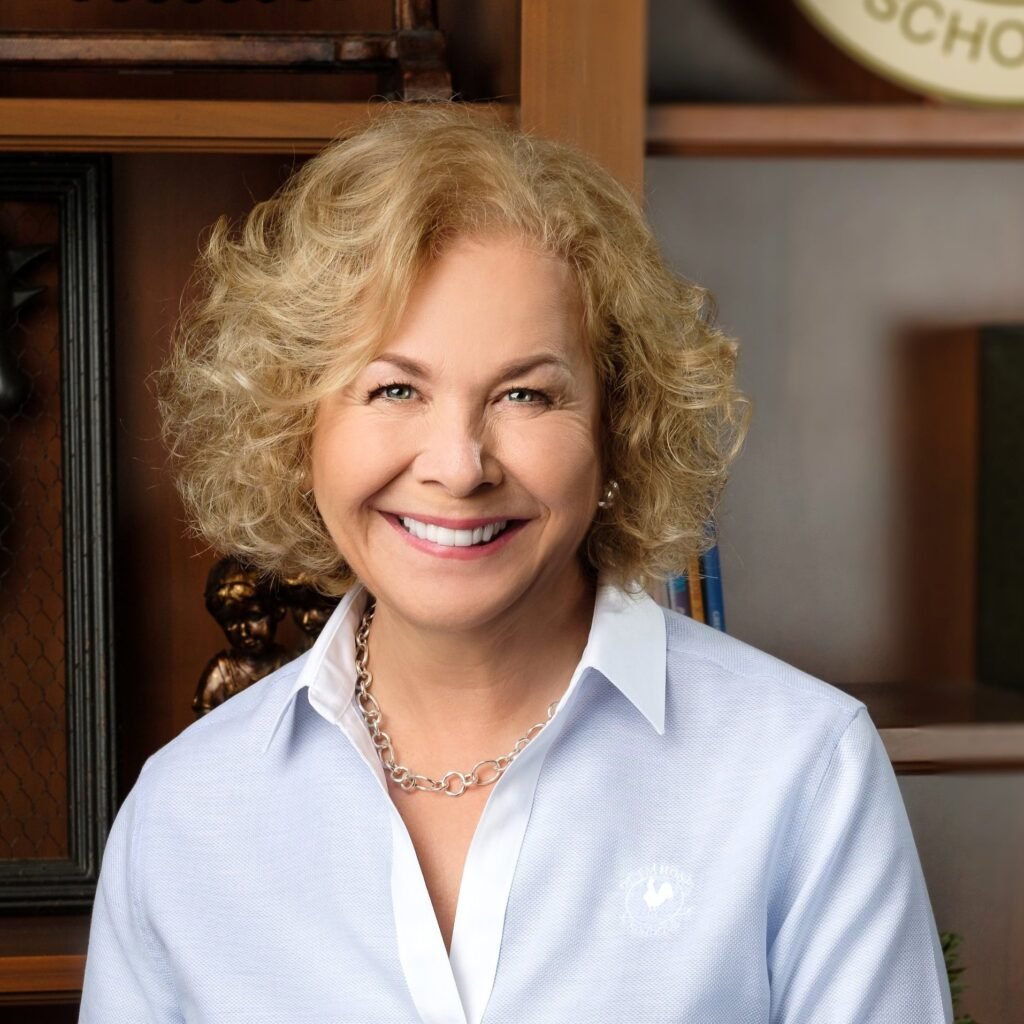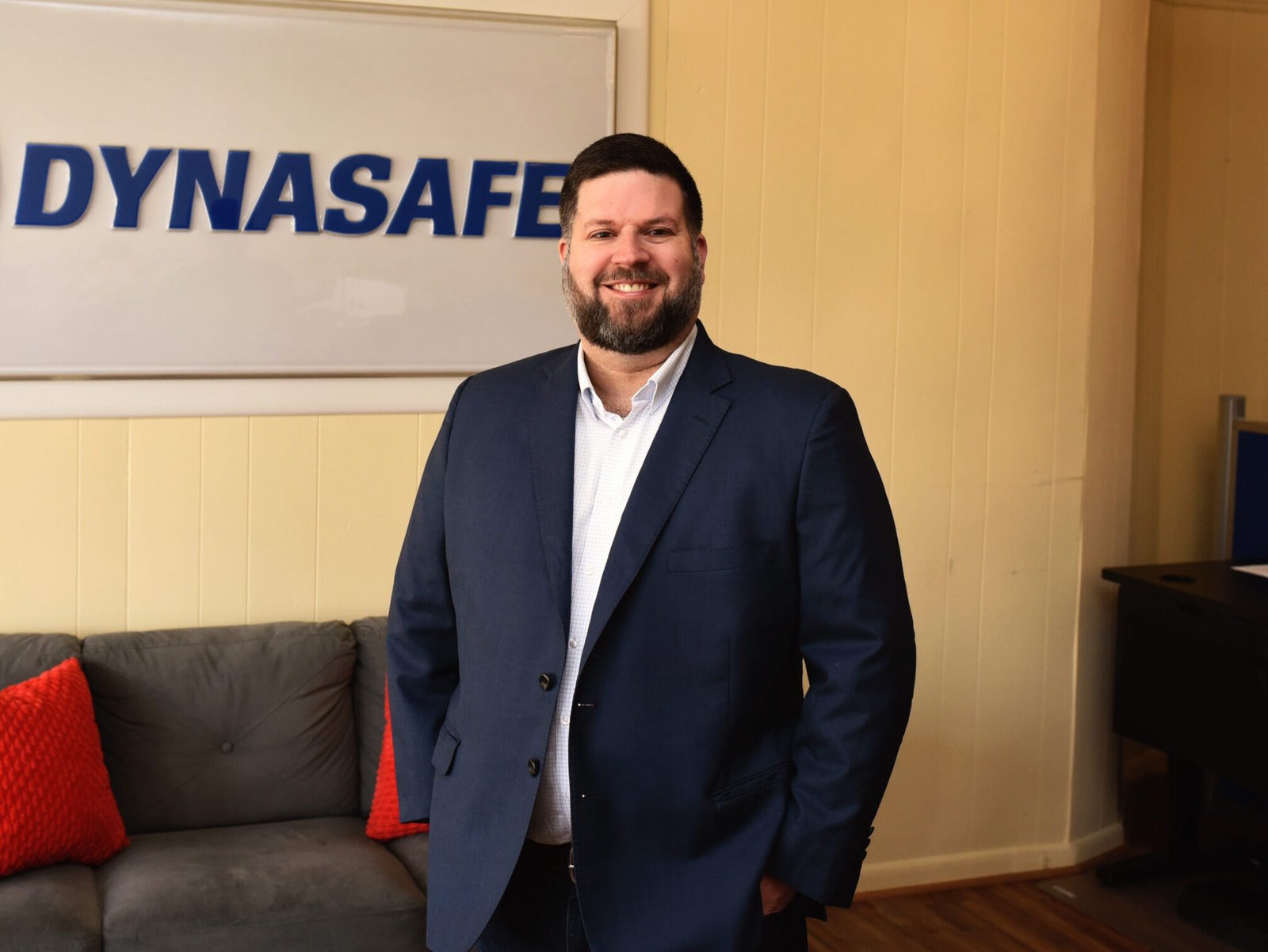Several years ago, I interviewed Jo Kirchner, CEO of Primrose Schools, in an interview originally published in Thrive Global. Here is an excerpt from our conversation:
Adam: What is something about you that would surprise people?
Jo: As a young girl, I attended a Catholic school and at a very young age I announced to my family that I was to be a nun when I grew up. In the third grade, I changed my mind once I learned that nuns couldn’t get married or have children. Creating a family of my own and having the opportunity to become a wife and mother was always my most important goal.
Adam: How did you get here? What failures, setbacks, or challenges have been most instrumental to your growth?
Jo: In 1974 I became a mom for the first time. Transitioning to the role of mom while also maintaining my career was a very challenging experience because at the time, the options for high-quality early learning and child care were extremely limited. The offerings did not serve the need of a full-time working mom and while I could access care at a church preschool, with a nanny, or at a locally operated daycare center, I wanted my children to also have high-quality early learning experiences. None of the existing options provided early education expertise or high-quality child care. This challenge created immense stress for my husband and I in balancing our family and our careers.
When both of our children were in elementary school, I met Paul and Marcy Erwin, the co-founders of Primrose Schools. After speaking with them I visited the first Primrose Schools location to observe and quickly learned the school had everything that my husband and I wanted for our children, but never found, and more. In 1990 I joined Primrose Schools as Vice President and proceeded to assess the business as an opportunity from the heart of a mom and the mind of a businesswoman. Similar to the Erwin’s, I recognized in the late 80s a significant trend of professional women going back to work soon after childbirth and a vitally important, unmet consumer demand.
I was a type A personality who believed people and culture were key to brand leadership success, especially in a service business. I established the vision for Primrose Schools to become the leading innovator in delivering the very best and most trusted educational child care for children and families. In my role, I began developing a culture that inspired our people and employees to strive for perfection believing it would translate into excellent service for the families and children we cared for. This initial approach helped drive the successful growth of our schools and company overall but also came with setbacks. I realized that I inadvertently set unrealistic expectations. Perfection is not reality in the educational childcare business, or any business for that matter. Over time, I recognized our culture had become one of stress and fear of failure. The culture was not reflecting the joyful, nurturing learning environment we wanted for teachers, children, and families, or the people who worked in our business. After turning to a strategic consultant and assessing my leadership style, I worked hard at becoming a reformed perfectionist. Through introspection and leadership style modification, I began to transform our brand culture to one of continual learning and collective improvement with a passionate commitment to service excellence. This inspired our employees to support each other and to strive to deliver their very best each day for the children entrusted to their care. Today, Primrose Schools is recognized for our people and culture, and these attributes have become one of our greatest differentiators.
Adam: How were you able to scale from four locations to hundreds and what are your best tips on scaling?
Jo: I inspired people in our organization to help ensure we stayed true to our brand’s core values and vision. We intentionally recruited franchise owners and staff who shared them. Collectively, we stimulated innovation and continual improvement through a relentless focus on our customers, benchmarking progress, and applying research and best practices. We were able to scale our business while maintaining service excellence in our schools through a disciplined focus on organizational processes, including ongoing training, observation, and research to drive improvement and consistent execution.
Some tips for scaling a business:
-
Place a priority on people and building a culture of trust. Even with the greatest product or service innovation, it’s impossible to build a trusted brand, and scale and grow a successful business without an aligned, committed team.
-
Always remain customer-focused. Consumers are constantly adapting to a changing world and your business has to anticipate change in order to continue serving their needs and exceeding their expectations.
-
Recognize disciplined processes and ways you can improve to drive optimal performance.
-
Remain agile, planning is important but course-correcting for improvement is vital to keeping a brand in a leadership position.
Adam: In your experience, what are the defining qualities of an effective leader? How can leaders and aspiring leaders take their leadership skills to the next level?
Jo: I believe a leader must first and foremost be authentic, genuinely care about others, and embrace change. People are inspired and motivated to trust and follow leaders who care about them and their success, both professionally and personally. At the end of the day, leadership is influence and influence comes from building trust.
I have found the best way to continually grow as a leader is to identify the leaders you admire and study the characteristics of their leadership style. Another way is to look for best practices by studying successful brands and the leaders who helped them achieve their success. On the contrary, I think it is important to study brands that eventually failed to learn from the mistakes of the leaders that led the business to decline.
Adam: What are your three best tips applicable to entrepreneurs, executives, and civic leaders?
Jo: Build trusted relationships, empower collective engagement, and embrace continual learning and change.
Adam: What do you believe readers should understand about our education system?
Jo: Despite significant efforts and investments, America’s education system is not preparing enough of our children for the workforce today or in the future. Our current education system is not adequately providing the critical thinking, creativity, and executive functioning skills needed to succeed in the 21st century. We must envision the possibilities of education transformation and adapt to the ever-changing environment so we can ensure the next generation is well prepared.
Additionally, as we now know, the brain develops faster in the first five years than at any other time in life. Quality early education and care starts with nurturing, informed teachers who understand the techniques they can use to stimulate learning beginning at infancy. Establishing a strong foundation through high-quality early education is vital for a child’s learning and life. Our mission at Primrose Schools is to forge a path that leads to a brighter future for all children.
Lastly, there are many challenges in our society that need to be addressed but one of the most prominent challenges in education exists in our country’s most underserved neighborhoods. The zip code in which a child is born in should not determine their opportunity for success. Public and private entities and non-profit foundations must come together to embrace and invest in successful community transformation models that deliver strong learning outcomes. This could help us successfully prepare our children to be good people, partners, friends, and citizens, as well as good leaders and employees for the workforce of tomorrow.
Adam: What advice do you have for entrepreneurs exploring opportunities in the field of education?
Jo: Be prepared to innovate and drive change. We are living in a rapidly evolving world in which technology and globalization are impacting how we learn, live, work, and play. Entrepreneurs in the education industry have to understand that the 20th-century learning approaches were not designed for a 21st-century society. With the various avenues of teaching styles and technology offerings, there is no one single approach that can work for all children.
Another key component of today’s educational landscape is incorporating social/emotional learning and skill development within the curriculum. With the constant creation of new jobs, the reality is that children now need to be educated and prepared for future jobs that don’t even exist today. My advice would be to follow emerging trends closely and maintain flexibility to incorporate necessary changes in order to stay relevant and provide the best possible resources to the next generation.
Adam: What is the single best piece of advice you have ever received?
Jo: A mentor once gave me a small plaque with the quote “I am still learning.” and I always refer back to that line. The quote was derived from Michelangelo at 87 years old when asked how he had accomplished his stellar achievement in painting, sculpting, poetry, and architecture.
Adam: How can anyone pay it forward?
Jo: Be actively committed to giving without expectation in ways that help create a better world. Personally, I’ve always been passionate about joining in efforts that make quality learning opportunities more accessible for every child. At Primrose Schools, we have identified this cause as one that aligns with our purpose and have implemented systemwide programs that utilize our brand’s reach to make a larger impact. For example, in 2013 through Primrose Children’s Foundation® we formed a long-term partnership with Save the Children®, the world’s top non-profit charity which supports children and families in need. Collectively, all of our Primrose schools have proudly raised and donated more than $5.5 million to charities focused on the needs of at-risk children, and we plan to continue to expand our giving for many years to come.
Once you identify a cause you are passionate about, find ways to take action and make a difference. Whether it is making a donation, volunteering with a local non-profit, or establishing a company-wide initiative to give back, prioritize the importance of helping those in need.









